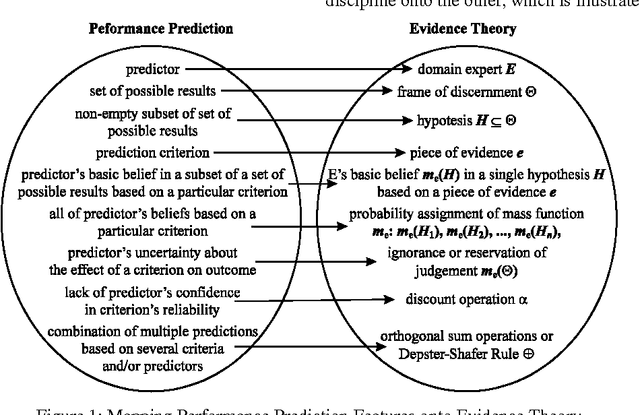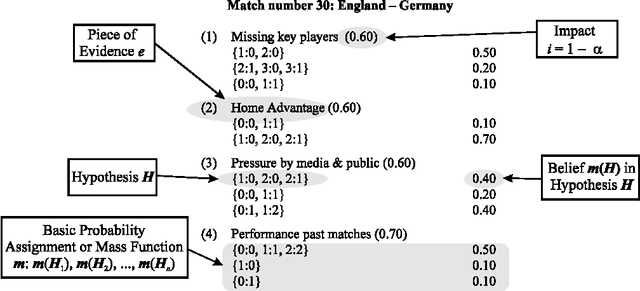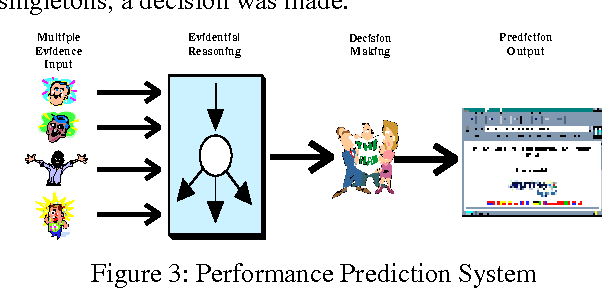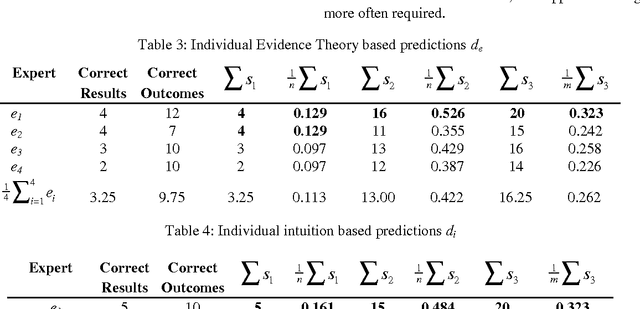Alfons Schuster
A Comparative Study of Open Source Computer Vision Models for Application on Small Data: The Case of CFRP Tape Laying
Sep 16, 2024Abstract:In the realm of industrial manufacturing, Artificial Intelligence (AI) is playing an increasing role, from automating existing processes to aiding in the development of new materials and techniques. However, a significant challenge arises in smaller, experimental processes characterized by limited training data availability, questioning the possibility to train AI models in such small data contexts. In this work, we explore the potential of Transfer Learning to address this challenge, specifically investigating the minimum amount of data required to develop a functional AI model. For this purpose, we consider the use case of quality control of Carbon Fiber Reinforced Polymer (CFRP) tape laying in aerospace manufacturing using optical sensors. We investigate the behavior of different open-source computer vision models with a continuous reduction of the training data. Our results show that the amount of data required to successfully train an AI model can be drastically reduced, and the use of smaller models does not necessarily lead to a loss of performance.
Corporate Evidential Decision Making in Performance Prediction Domains
Feb 06, 2013



Abstract:Performance prediction or forecasting sporting outcomes involves a great deal of insight into the particular area one is dealing with, and a considerable amount of intuition about the factors that bear on such outcomes and performances. The mathematical Theory of Evidence offers representation formalisms which grant experts a high degree of freedom when expressing their subjective beliefs in the context of decision-making situations like performance prediction. Furthermore, this reasoning framework incorporates a powerful mechanism to systematically pool the decisions made by individual subject matter experts. The idea behind such a combination of knowledge is to improve the competence (quality) of the overall decision-making process. This paper reports on a performance prediction experiment carried out during the European Football Championship in 1996. Relying on the knowledge of four predictors, Evidence Theory was used to forecast the final scores of all 31 matches. The results of this empirical study are very encouraging.
 Add to Chrome
Add to Chrome Add to Firefox
Add to Firefox Add to Edge
Add to Edge